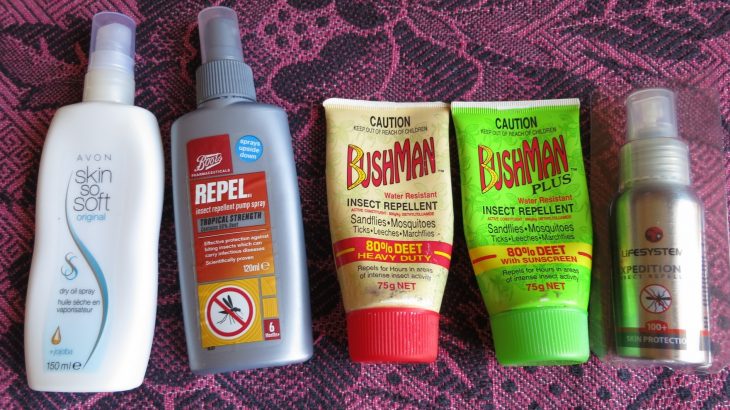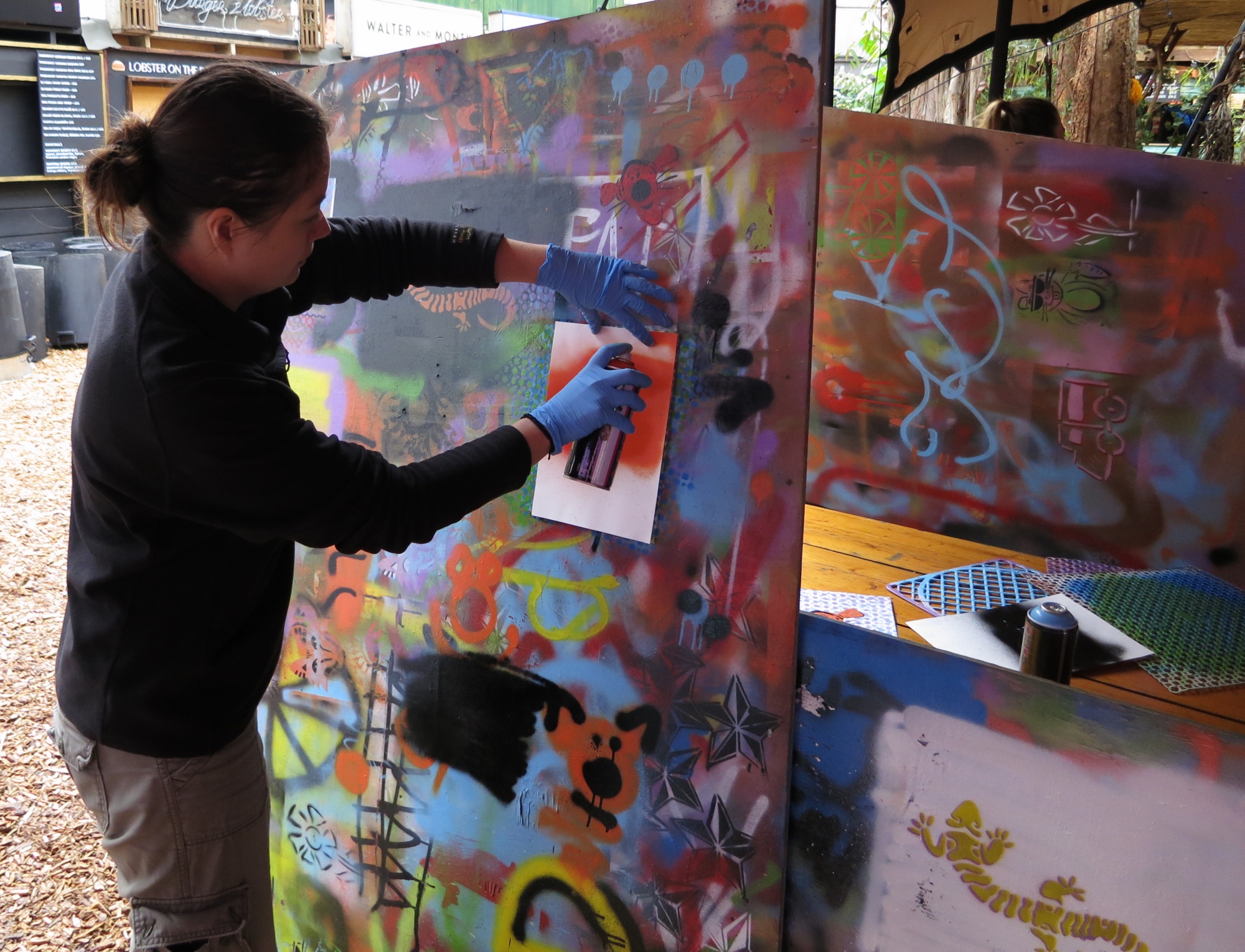Tomorrow is World Mosquito Day, which is a good time to raise awareness about the causes of malaria and how it can be prevented.
It’s not just on my travels that I seem to be bitten by mosquitoes. I know plenty of people who seem to suffer the same. Thankfully, there are a few things you can do to help avoid mosquitoes on your travels and at home, most of which I’ve tried and tested. There is no perfect solution though unfortunately.
Supplies
Travelling overseas inevitably requires stocking up on certain supplies and mosquito repellent is often one of those, depending on your destination.
Unfortunately many places will require you to take anti-malarials as well. Then sometimes it’s necessary to protect yourself from several other unpleasant mosquito-bourne diseases such as Zika virus, dengue fever or yellow fever. Avoiding getting bitten is the only way to ensure this.
So how do you reduce the chances of getting bitten. Planning ahead and being prepared are key.
Why
Firstly, why is it that certain people are more prone to mosquito bites than others. There’s a theory that people with blood type O are more appealing, to mosquitoes, than other blood types. Although this could simply be down to the fact that O is the most common blood type, hence increasing the chances of being selected.
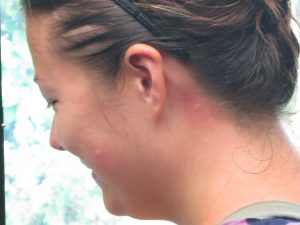
I read that studies in Africa, indicated that drinking beer can make you more attractive to mosquitoes. It can’t be the alcohol that attracts them as in the 1960’s, drinking tonic water, with gin, was traditionally considered to deter the mossies due to the quinine. However, these days tonic has such a low quinine content, it’s probably just best to drink yourself into a gin stuper and hope for the best.
Where
Malaria regions and the jungle or rainforest will be the worst.
Where it’s humid, damp and shady the risk will be increased as this is where mosquitoes tend to thrive. Watch out for stagnant/still water in particular. I would always get the deet out when near these sorts of places. Although I still always get bitten everywhere I go really!
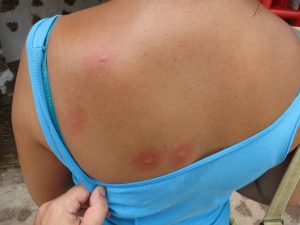
It’s also a good idea to prioritise putting repellent on bare ankles/legs as these often end up under tables, where it’s darker. Some of the worst bites I’ve encountered were sitting at internet cafe’s (back in the days when this was necessary) where the mossies seem to nest under the desks.
When
Watch out for the couple of hours around dusk, in any destination – this is when the mosquitoes come out to feast. There are a lot more at this time of day, so it’s best to cover up during this period.
At night-time is more common for getting bitten than during the day. The darker, more humid and damp, the more mosquitoes there will be.
Repellents
Repellents with deet are considered the most reliable. Citronella products are also pretty good. You will need to consider the areas you will be visiting during your trip and get an appropriate bug spray as necessary.
Be careful not to over do it. Products are available with up to 100% deet, but this is only necessary for extreme jungle adventures. Anything from 30% should be adequate for the average destination. Just make sure you reapply a couple of times, and in particular use during the evening’s as there are fewer mosquitoes around during the daytime when it’s light.
A word of warning. Deet tends to melt things. Literally. Don’t apply to your wrist, for example, if you have a plastic watch strap or similar. Be careful what you touch. Generally plastics don’t get on well with deet but you may also want to avoid wearing jewellery when there is deet involved.
Clothing
I once read that dark colours attract mosquitoes more than lighter colours. Having tried out this theory – it definitely seems to contribute to the problem. As does tight-fitting clothing. I would also recommend having clothing to cover legs and/or with sleeves to cover arms. A short-term solution would be to use a scarf or sarong.
There are a number of ranges of clothing with built in repellents. I haven’t yet tried any myself as they seem quite expensive and probably need to be looked after. My travel clothes are generally old and tatty so I can bin things and make more space in my bag.
Nets/windows
The first time I went backpacking, I carried a mosquito net for 3 months, but never used it. Most hotels and hostels provide nets so I would suggest these days it’s an unnecessary extra. In fact, it was only when I found myself sleeping in make shift accommodation on a beach in Ecuador, during New Years Eve, that the net came in handy. I’ve never carried one since. Most places supply them, even in hostels.
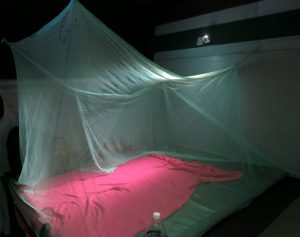
Where there is air con or a fan, it’s always a good idea to keep windows closed. This will limit access to any unwanted visitors, in particular mosquitoes.
Destinations
Finally, if you really want to avoid mosquitoes head to a destination where there aren’t any. Although this is probably a little extreme.
It’s good to know there are some sought after places where mosquitos have yet to set foot: Antarctica, French Polynesia, Iceland, New Caledonia, and the Seychelles. I suspect there must be more?
Need more tips, then maybe check out my post – 13 items I don’t travel without. More importantly check your destination on the fit for travel website for advice on malaria and vaccinations and plan ahead to avoid mosquitoes on your travels.
